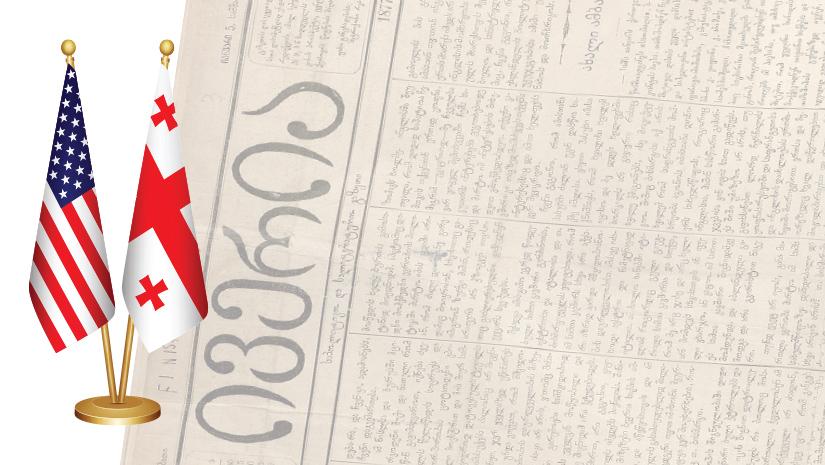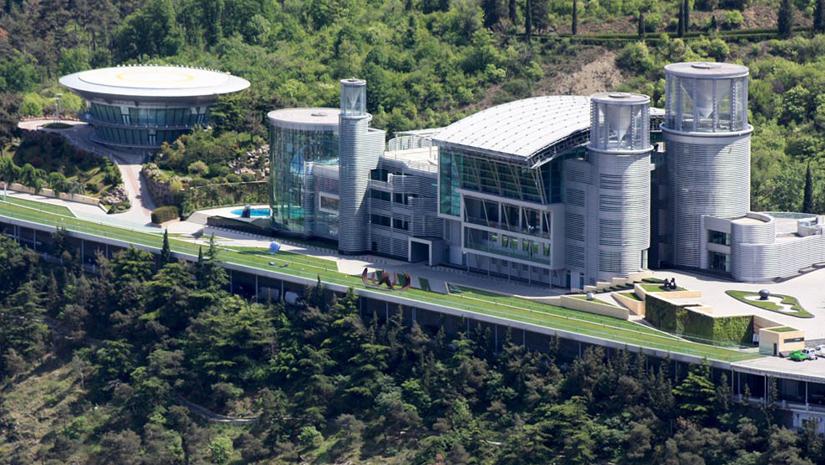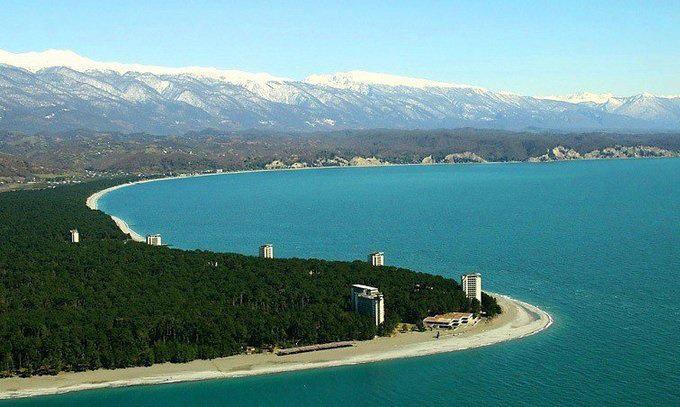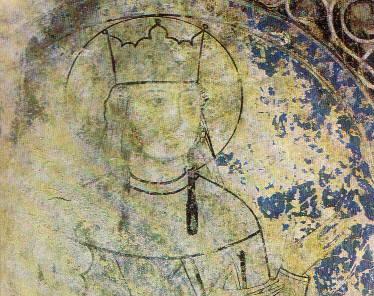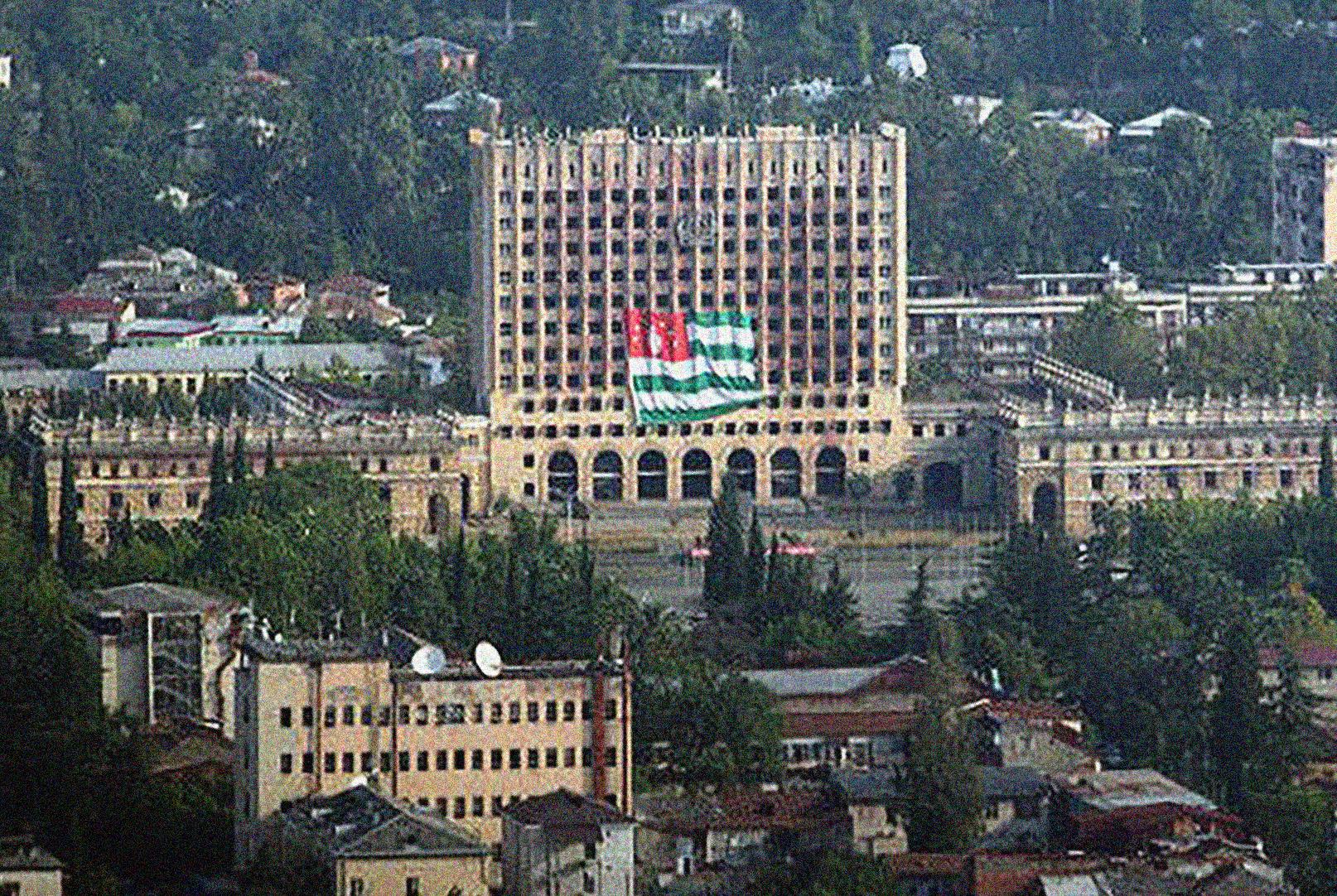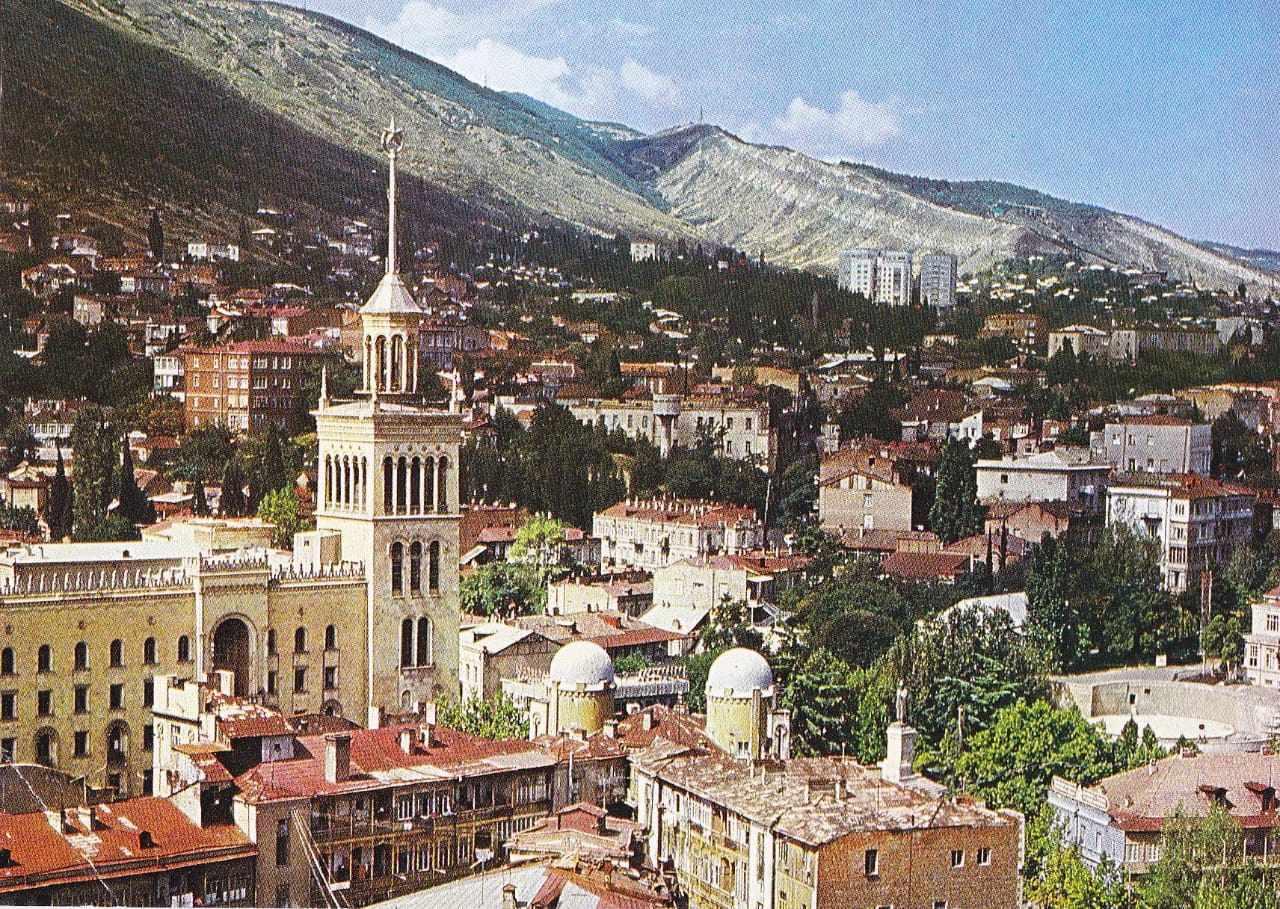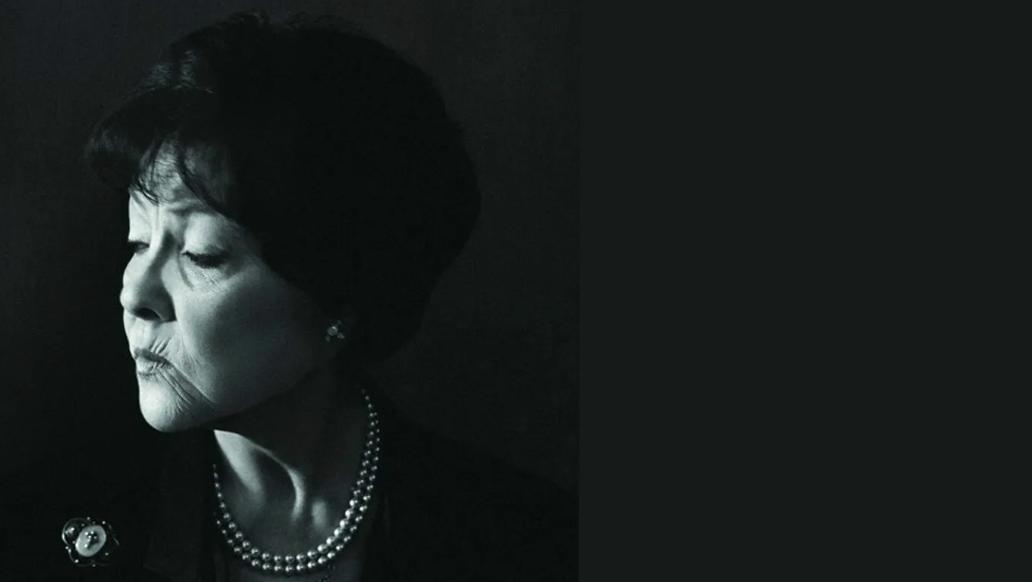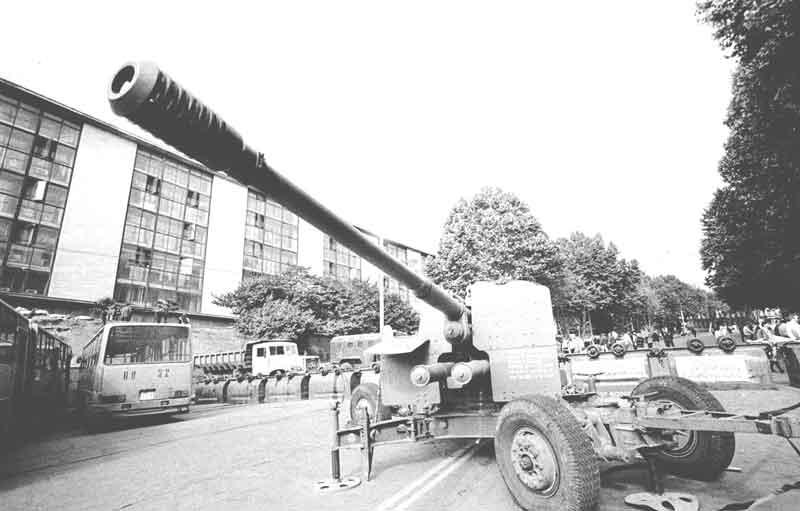
Author : Zaza Bibilashvili

The past is never dead. It’s not even past,’ said one of the greatest writers of the twentieth century, William Faulkner. And indeed, we live in an era when the manipulation of history has become a tool of anti-democratic forces to control people’s consciousness and seize their future.
‘Murderers, executioners, torturers’—‘three bloody years’—‘The Georgian people began to breathe freely’—do you recognize these phrases? No, they are not echoes from our recent past. They are Bolshevik propaganda from the 1920s against the First Republic of Georgia.
Seventy years have passed, and post-Soviet Russia has saturated the public discourse of newly liberated Georgia with the exact same clichés that paved the way for the armed coup and the inferno of the 1990s.
Have we learned anything? This is a rhetorical question...
I don’t want to dwell on the fact that these clichés have returned only 20 years later—unchanged and with the same pathos and often even through the same speakers.
Against this backdrop, we are repeatedly told by concerned voices that in this 21st century, when we are knocking on the doors of the European Union, we should not dwell on the past.
But it’s quite simple: critical reflection or reassessment of the past, self-reflection, personal analysis of the path the country has taken and the choices it has made—this is what the Georgian collective lacks the most and what hinders their development the most.
Due to the Soviet occupation of Russia, we haven’t experienced either the era of modernism or postmodernism. As one of the founding fathers of modernism, Marcel Proust, said, we must always remember that the past lies in ambush somewhere ahead of us, and no one knows when it will confront us.
The unresolved dilemmas and unspoken emotions of the past significantly influence our behaviour in the present, shaping our response to current challenges. Forgetting the past only serves to ease life for our northern neighbour, who continually attempts to entice each new generation of Georgians into the same rusty trap.
Therefore, the study of history isn’t just ‘dwelling on the past’, but rather a forward-looking education that aims to promote self-awareness, rational civic engagement, and societal resilience.
What do they offer in contrast? Banal, self-evident phrases and ‘sweeping’ the past under the carpet, conformism, forgetting. And that is a guaranteed recipe for a ‘vicious circle’, as the noble conformists themselves later lament.
‘If you want peace, prepare for war,’ said an ancient Roman writer. If Europe had remembered this maxim, and not spent its last years in indolence, suffering from the illusion of the ‘end of history’, while Russia was plotting its revenge for freedom, the continent might have been different today.
The least we can do to defend our freedom in an age of disinformation is to revive the memory of recent history and function as a civic shield. It is precisely this forward-looking understanding of the past that our efforts serve.
